
How to recognize a deepfake: attack of the clones
Learn how to spot deepfakes in photos, videos, voice messages, and video calls in real time.
544 articles

Learn how to spot deepfakes in photos, videos, voice messages, and video calls in real time.

Children’s AI toys have been caught discussing drugs and sex with kids. We break down the results of a study that reveals exactly how these smart (too smart!) toys are blowing up past boundaries.

NFC relay attacks, pre-installed Trojans, and other nasties ruining the Android experience in 2026.

Breaking down the WhisperPair attack, which allows victims to be tracked via ordinary Bluetooth headphones.

Eight digital New Year’s resolutions you absolutely need to keep.

We break down a new scam that leverages Telegram Mini Apps, and explain how to avoid taking the bait.
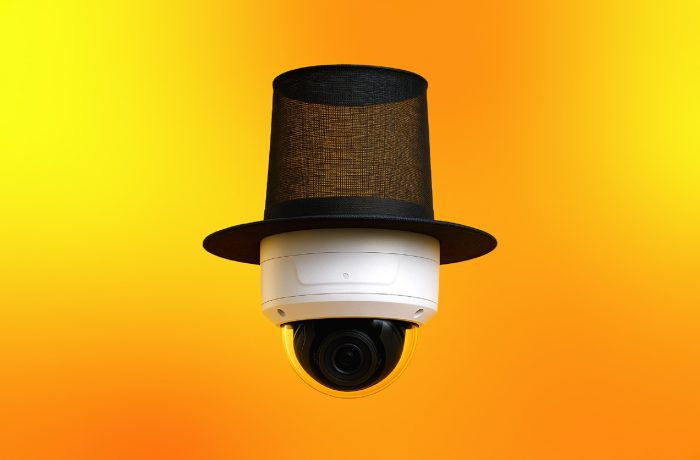
From karaoke rooms to gynecology clinics — these are just some of the tens of thousands of locations where compromised IP cameras were discovered in South Korea. Here’s how to avoid unwittingly starring in steamy videos you didn’t authorize.

The Whisper Leak attack allows its perpetrator to guess the topic of your conversation with an AI assistant — without decrypting the traffic. We explore how this is possible, and what you can do to protect your AI chats.
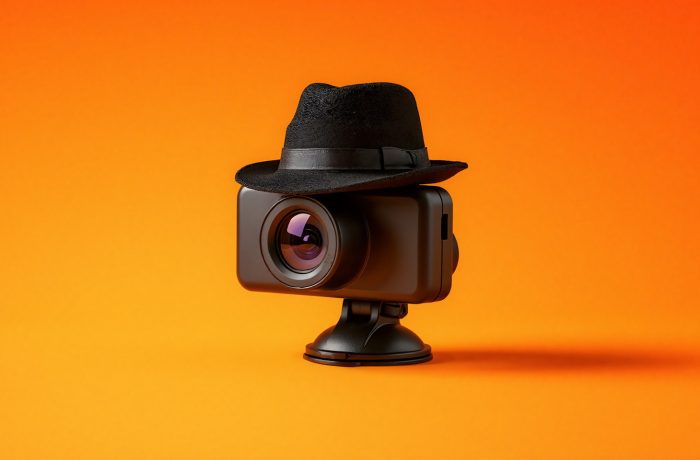
Researchers have discovered how to connect to someone else’s dashcam in a matter of seconds, and weaponize it for future attacks.

Pixnapping is an Android vulnerability discovered by researchers that allows apps to steal passwords, one-time codes, and other confidential information from the screen without any special permissions from the operating system. How does it work, and what can you do to protect yourself?

Researchers have discovered that 50% of data transmitted via satellites is unencrypted. This includes your mobile calls and texts, along with banking, military, government, and other sensitive information. How did this happen, and what can we do about it?
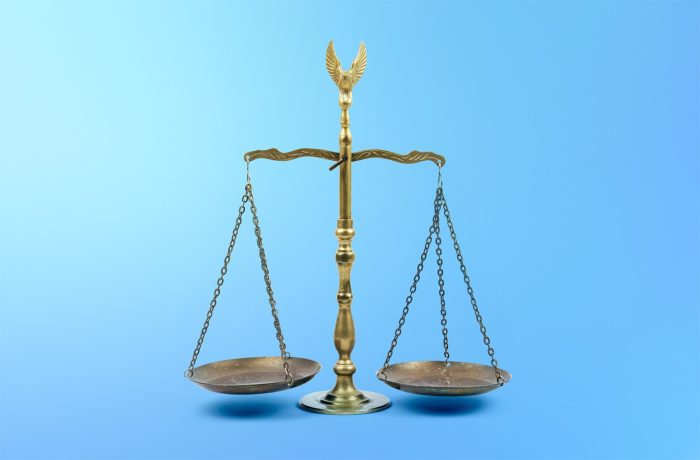
Which social networks mostly just display your posts to your friends, and which ones use them for AI training and ad targeting? We explore the 2025 privacy rankings for popular social media platforms.

Which messaging apps leak the least amount of your data, and provide the most control over your privacy? Today we discuss the latest rankings of popular communication platforms.

We explain what data DeepSeek collects, who it shares it with, how to configure the chatbot for maximum privacy, and how to install a local version.
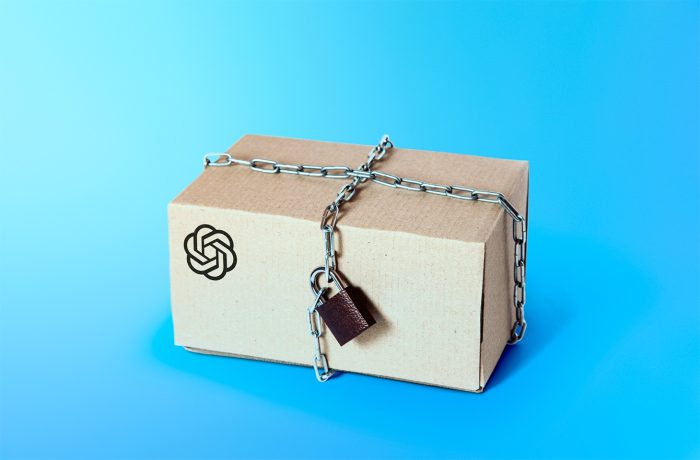
A comprehensive guide to configuring privacy and security in ChatGPT: data collection and usage, memory, Temporary Chats, connectors, and account security.

A step-by-step guide to deleting as much of your digital footprint as possible.
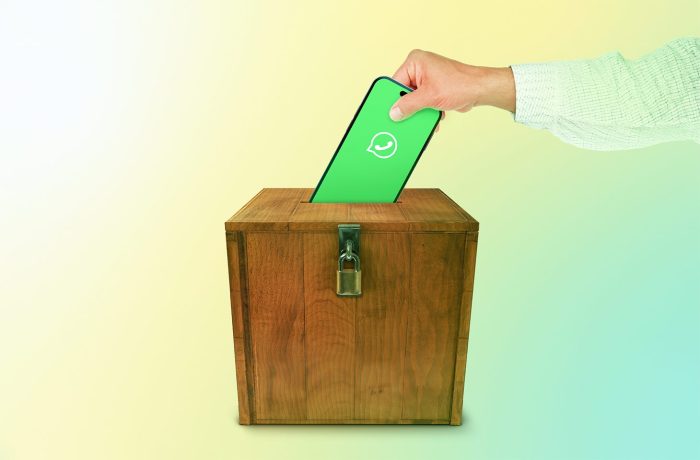
We discovered a new wave of attacks on WhatsApp users in which attackers steal victims’ accounts using fake voting pages and social engineering on social networks.

The Kaspersky for Android app can now detect malicious links in notifications from any app.

A race between tech giants is unfolding before our very eyes. Who’ll be the first to transform the browser into an AI assistant app? As you test these new products, be sure to consider their enormous impact on security and privacy.

The internet never forgets — and what kids post or share today can come back to hurt them, either right away or years down the line. Here’s how to shrink your child’s digital footprint without resorting to battles or bans.